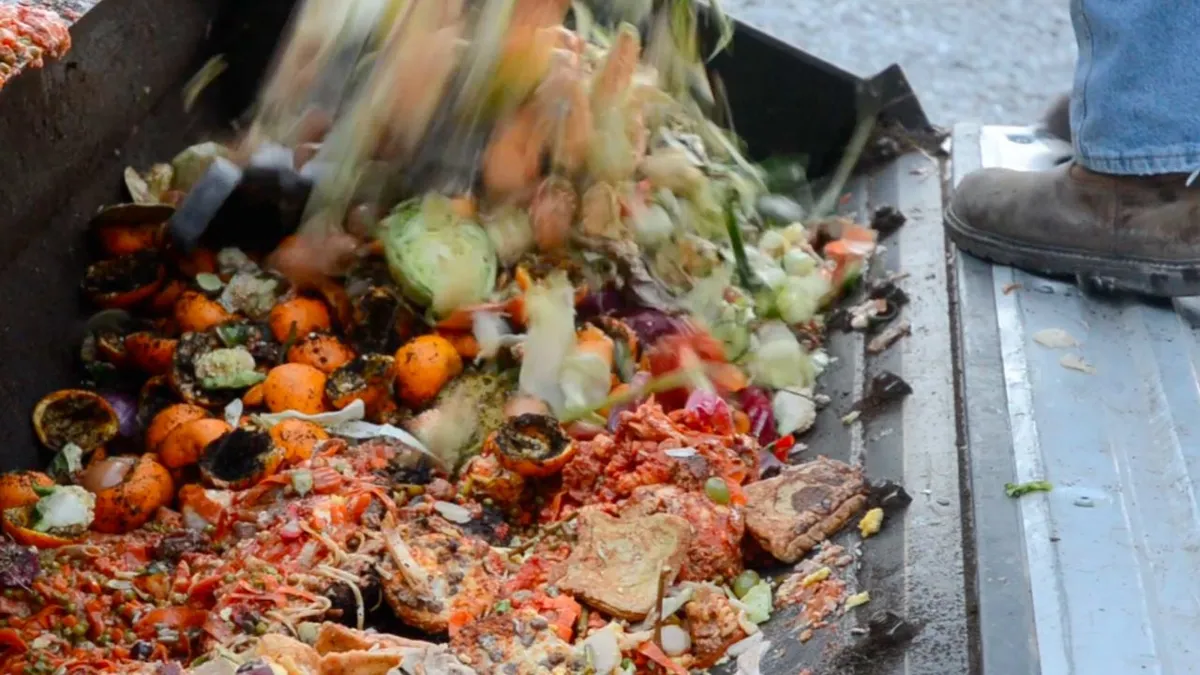Dive Brief:
- A new study commissioned by the Massachusetts Department for Environmental Protection says the state's 2014 commercial organic waste ban has already generated significant economic activity. Based on analysis conducted by ICF, the ban has generated $175 million in economic activity. Across all sectors a collective $50.5 million in capital investments are planned for 2017, with the highest investments coming from processors.
- A survey of various haulers, processors and food rescue organizations showed that the overall tonnage collected has increased from a 2010 baseline of 100,000 tons to more than 270,000 tons in 2016.
- The ban has also contributed to the creation of 900 jobs (accounting for indirect and induced effects). Within the local organics industry specifically, ICF estimated that total employment increased from approximately 190 employees in 2010 to 490 in 2015.
Dive Insight:
In October 2014, Massachusetts became the first state to enact a commercial organic waste ban for the estimated 1,700 establishments that produce more than one ton of material per week. Other New England states — most notably Vermont — now have their own policies in place, as well as California.
Based on the interviews that ICF conducted, some companies said they had been engaged in the organics market since as early as the 1990s and hadn't seen a major change in their business since the ban took effect. Though there was a consensus that the ban had raised awareness, particularly among restaurants, and "supported a cultural trend that had been gaining traction." This could explain the steady growth since 2010, even though the ban didn't take effect until 2014.
Haulers and processors detailed a number of challenges which mirror experiences in other states. Residuals and contamination in material streams — especially from schools and residences — was a top issue. Siting the type of large facilities that could most effectively process high volumes of material was also a concern, especially near large population centers such as Boston. Fluctuations in customer base were also mentioned because some municipal programs start as pilots that are dependent on grant money and may not continue.
Food rescuers also noted that the ban had helped raise awareness about their work and given them a new way to market it to potential donors. They predicted more opportunities at large generators such as retailers, hotels, universities and conference centers. Yet they also raised issues such as needing more refrigerated trucks and the fact that some large venues still prefer to compost rather than deal with temperature control requirements and other safety measures required for food rescue.
Based on the EPA's Food Recovery Hierarchy, reduction and rescue come before composting in terms of higher uses, though the logistics of daily food handling can make this easier said than done. The state, local haulers and rescue organizations will provide employee training to make sure establishments are making the best choices with their materials. With all of these systems in place, more growth can be expected and the nation's first state to take this plunge will continue to serve as a model for the many others left to go.















